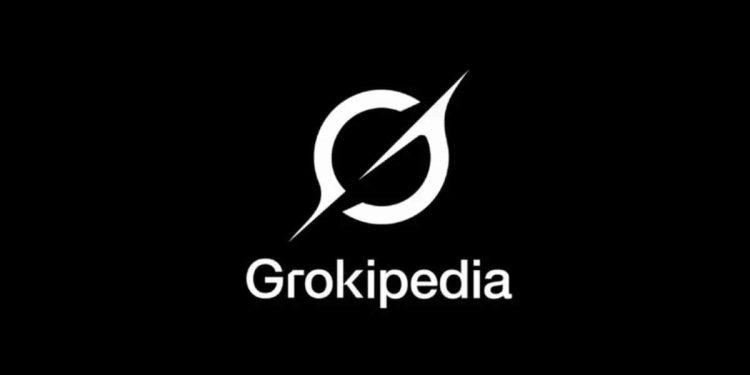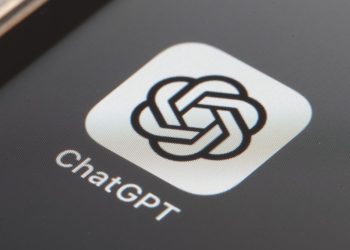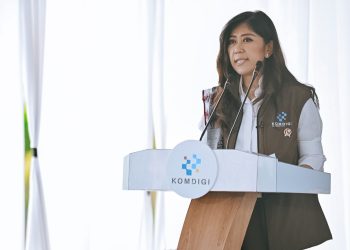Jakarta, Indonesia Sentinel — Elon Musk has officially launched Grokipedia, his own version of Wikipedia written and curated by his artificial intelligence model Grok, developed by his company xAI.
The platform, unveiled on Monday (October 27), marks Musk’s latest effort to build an alternative information and media ecosystem aligned with his vision.
Grokipedia is being pitched as a less biased, AI-driven alternative to Wikipedia, a platform Musk has long criticized for what he claims is ideological slant.
Grokipedia version 0.1 is now live and open to the public. In an announcement on X, Elon Musk said that while this is only an early version, he already considers it “better than Wikipedia,” adding that “Version 1.0 will be ten times better.”
The website’s interface closely resembles Wikipedia’s minimalist layout, featuring linked articles and citations. However, unlike Wikipedia which relies on human volunteers to write and edit, Grokipedia’s entries are fully generated and fact-checked by Grok, xAI’s generative AI model, already integrated into X’s premium subscription service.
At launch, Grokipedia claimed to host over 885,000 reference articles, though users are not allowed to edit content directly.
Read Also:
Indonesian Researchers Unearth Well-preserved Fossil of Ancient Elephant in East Java
The move stems from Musk’s long-standing criticism of Wikipedia. He and other critics have accused the site of political and ideological bias, especially on topics related to technology and public figures. In September, Musk called Wikipedia “full of propaganda” and vowed to create Grokipedia as a “massive improvement.”
“The goal of Grok and Grokipedia is the truth, the whole truth, and nothing but the truth,” Musk wrote on X on Tuesday (October 28). “We’ll never be perfect, but we shall nonetheless strive towards that goal.”
However, the platform’s debut has already drawn criticism and scrutiny. Several early users pointed out that many Grokipedia entries appeared to be directly copied or adapted from Wikipedia, with some pages including disclaimers crediting Wikipedia content under Creative Commons licenses.
Despite the controversy, Musk’s latest venture highlights his ongoing push to use AI and digital platforms to challenge existing institutions in shaping how information is produced, distributed, and trusted online.
(Raidi/Agung)

























